Question And Answer
Publications
Articles, publications, books, tools and multimedia features from the U.S. Institute of Peace provide the latest news, analysis, research findings, practitioner guides and reports, all related to the conflict zones and issues that are at the center of the Institute’s work to prevent and reduce violent conflict.
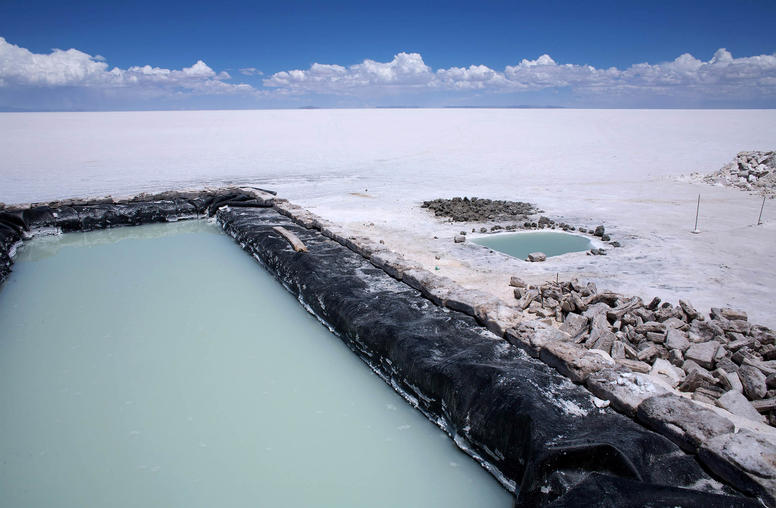
In the Global Rush for Lithium, Bolivia is at a Crossroads
Since 2010, the global demand for lithium has surged due to its unique properties ideal for battery production in electric vehicles and electronic devices. Bolivia, home to the world’s largest lithium deposits, views this resource as a transformative opportunity for industrialization and modernization, but if mismanaged, it could also be a source of internal conflict. The United States has an opportunity to use its hemispheric position and technical advantage to help Bolivia develop its lithium reserves in a productive and economically viable way, edging out other actors such as China whose transactional approach leaves much to be desired.
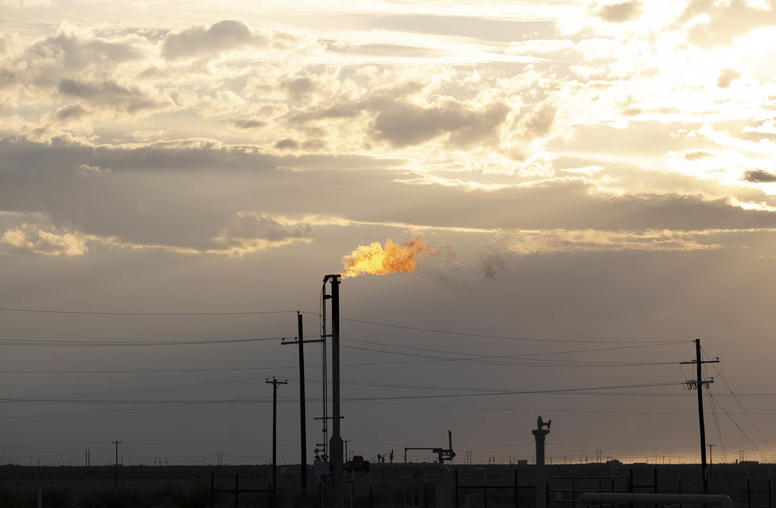
At COP28, Transitioning Away from Fossil Fuels, But No Deal on a Phase Out
Few people expected much progress at the 2023 U.N. Climate Change Conference of Parties (COP28) following contentious discussions around the development of a new Loss and Damage Fund, a grim Global Stocktake report detailing exactly how far away the goals laid out in the Paris Agreement still are and questions about the intentions of the conference chair who came from the oil and gas industry. However, the agreement signed on December 13 makes surprising progress in a few key areas, while still leaving much to be desired.
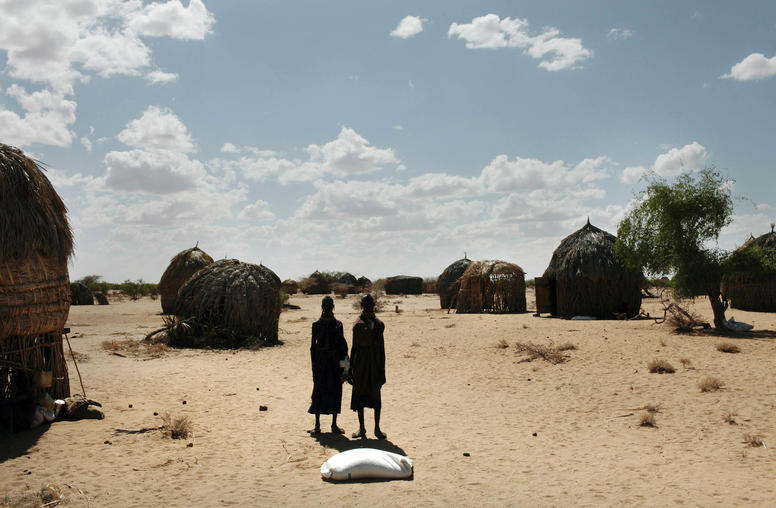
Conservation and African Rangelands: From Conflict to Coexistence?
Sub-Saharan Africa’s population will nearly double to more than 2 billion by 2050, surpassing Asia by 2070. African policymakers recognize this trend and have focused efforts on increasing economic productivity. Native rangelands — the uncultivated grasslands, shrublands, woodlands, wetlands and savannas where wild and domestic animals graze — cover 43% of the continent’s land area. But rangelands have often been perceived as undeveloped areas and centers of degradation, erosion, desertification, droughts, famine and conflict. These vast areas, and the people they support, tend to be pushed to the periphery of political agendas, allowing root causes of degradation of land and livelihoods to fester and ultimately contributing to a vicious cycle of tension and conflict.
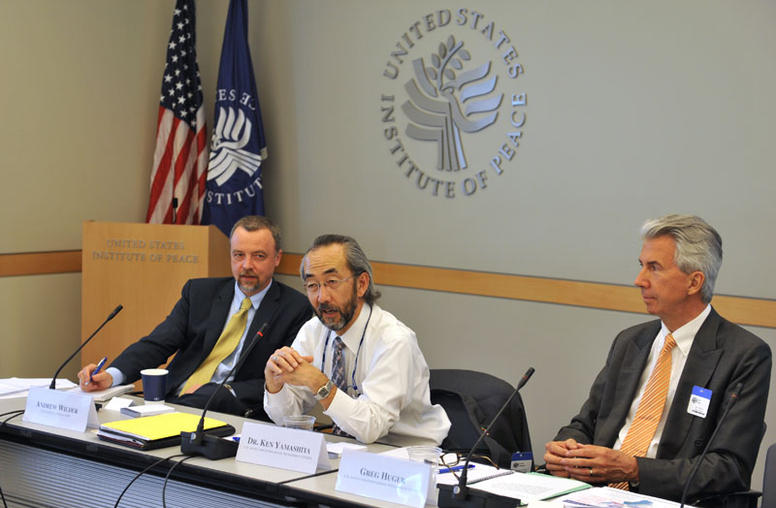
Strengthening Afghanistan's Resilience to Withstand Transition Challenges
The major attacks in Kabul this week have renewed questions on how well the country can deal with such challenges and also meet civilian needs ahead of the security transition in 2014.
USIP's Korea Working Group Convenes 5th U.S.-South Korean Track 1.5 Dialogue
On March 28, USIP's Korea Working Group (KWG), headed by John Park, convened the 5th USIP-Korea Institute for National Unification (KINU) Washington Workshop titled "The Outlook for the North Korean Situation and Prospects for U.S.-ROK Cooperation After the Death of Kim Jong-il.".
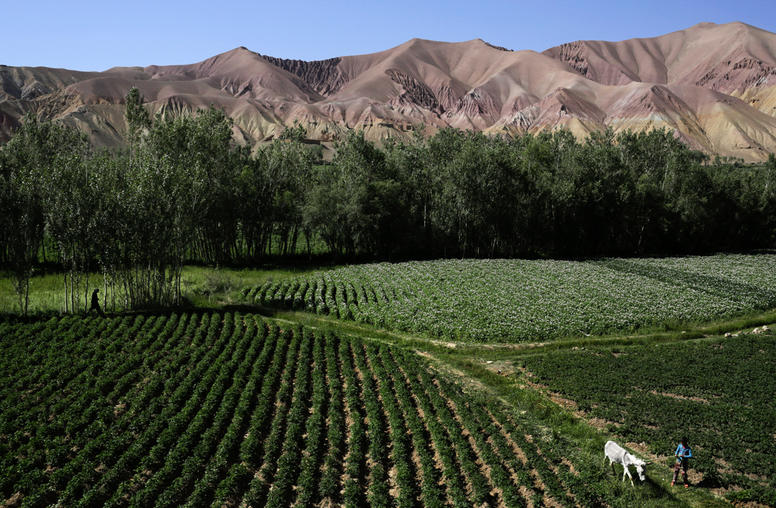
USIP, National Academy of Engineering Examine Agricultural Extension and Peacebuilding
With the National Academy of Engineering, the U.S. Institute of Peace (USIP) on May 1 hosted a workshop with specialists in and out of government on “Adapting Agricultural Extension to Peacebuilding.”
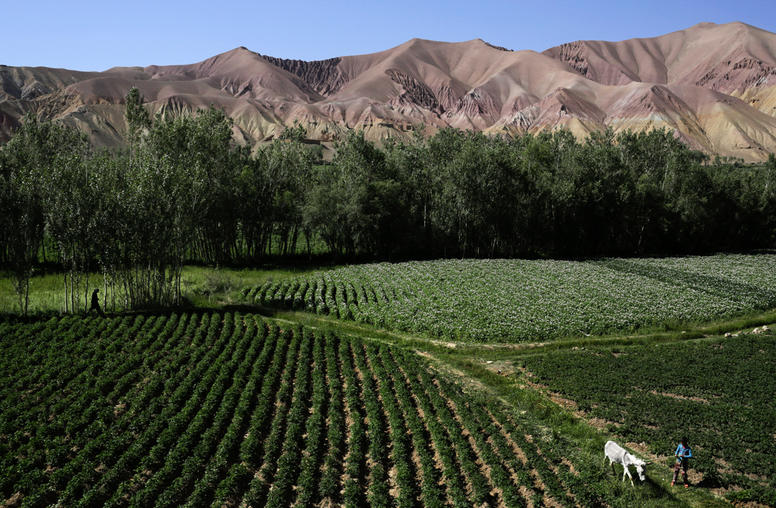
G-8 Summit Focuses on Food Security
As leaders at the G-8 summit highlight the importance of food security for global stability, Ibrahim Shaqir, an interagency professional in residence at USIP, in an interview examines this issue in the contexts of Afghanistan and Pakistan and how agricultural systems might contribute to peacebuilding.
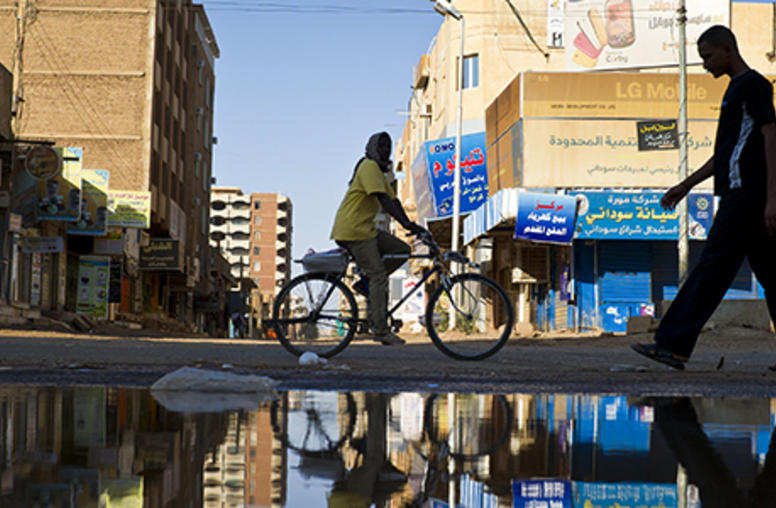
Sudan, South Sudan Strike Oil Deal
USIP's Sudan program director, Jon Temin, discusses the recent oil deal between Sudan and South Sudan.
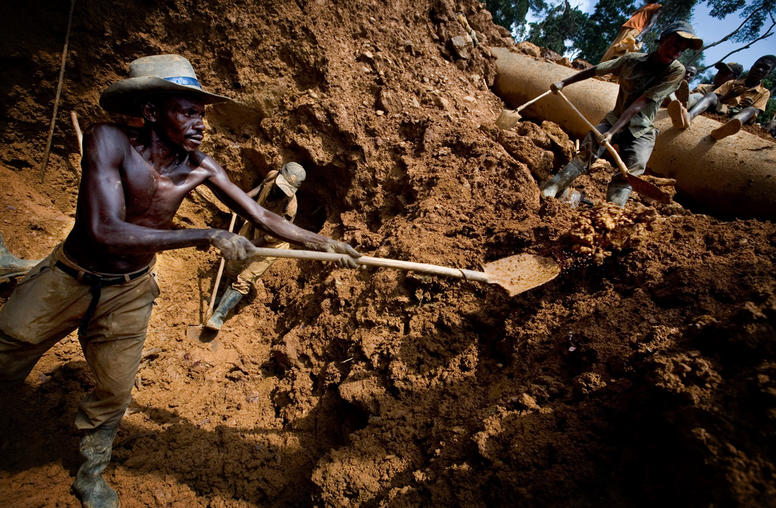
Instability in the DRC
USIP’s Raymond Gilpin and Brett Boor examine how conflict minerals are a symptom – and not the cause – of the continued instability in northeastern Democratic Republic of Congo (DRC).
Promoting Peace in Petroleum-Rich Regions
Raymond Gilpin, USIP's Center for Sustainable Economies director, discusses how a USIP project to analyze the vulnerability of energy infrastructure in fragile, resource-rich countries could inform policy-making and strengthen efforts to secure peace.